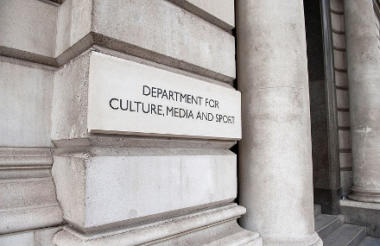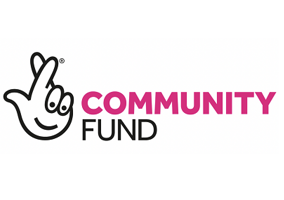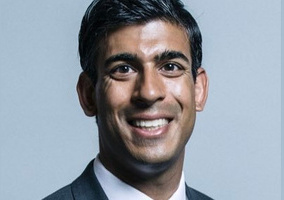The coronavirus funding scheme for small charities faces renewed criticism, after it emerged that the government has withdrawn from agreements about how to distribute £60m.
The Department for Digital, Culture, Media and Sport (DCMS) pulled out of plans to distribute around £60m to small charities via delivery partners without warning a fortnight ago, according to several sources familiar with the discussions.
The money would have come from the £200m Coronavirus Community Support Fund for small charities, which is being distributed by the National Lottery Community Fund (NLCF) and is part of the financial package announced by the chancellor in April to help the sector survive the coronavirus pandemic.
Concern
DCMS and NLCF have already been criticised over delays to opening the fund. Last week, NLCF announced that the fund has paid out less than £10m to charities so far.
ACEVO, the umbrella body for charity leaders, said that the latest developments were “very concerning”. The Directory for Social Change accused DCMS of wasting charities’ time.
Agreements
Part of the Coronavirus Community Support Fund was set to be distributed using at least four external delegated agreements (EDAs), under which specialist partners would have used their networks and expertise to target funding at small charities and beneficiaries who may otherwise have been overlooked for grants.
Civil Society News understands that the agreements with potential delivery partners had reached an advanced stage of planning, and that national charities and social enterprises had spent up to two months of their own time and resources preparing for the work, in a process led by NLCF.
The agreements had also been discussed by an advisory panel including representatives from NLCF and DCMS, only for potential partners to hear that DCMS was withdrawing from the scheme during a meeting with NLCF two weeks ago.
The decision was a political judgment which came directly from culture secretary Oliver Dowden, sources said, who feared that his department was losing too much control over where the funding went.
The money which would have been spent via EDAs will now be distributed to small charities directly by NLCF instead.
NLCF told charities late last week that it will now fund work by the delivery partners using its own resources, plugging the financial gap left after DCMS withdrew from the agreements.
Lottery: ‘Active discussions’ with partners
NLCF and DCMS did not refute that they had planned to work with delivery partners under EDAs, nor that the government had subsequently decided against entering into those agreements.
A spokesperson for NLCF said: “We are in active discussions with a number of organisations to help distribute National Lottery funding as part of our response to the Covid-19 crisis. This includes a number of significant partnerships which are currently being finalised and which will be announced shortly.
“These will be funded by The National Lottery Community Fund. The government funding element of the Coronavirus Community Support Fund will not be used to fund any partnerships and will all be distributed directly by The National Lottery Community Fund.”
DCMS declined to comment.
Heavy-handed approach
One person familiar with the EDA discussions said they were hopeful that the newly-designed scheme would prove more effective now that it was not subject to sign-off by government officials.
They said: “Frankly it will work better, as it won’t have weird DCMS final approval on what are, after all, small emergency awards to community organisations.
"DCMS control over final decisions felt strange and heavy-handed, given the purpose and scale of funding for individual vital community organisations.”
DSC: Government has wasted charities’ time
Debra Allcock Tyler, chief executive of DSC, said that the DCMS decision meant that the partner charities “have wasted all this time, doing all this work for [government] money which has now disappeared. When we are all in a crisis, the last thing we can do is spend time on stuff which isn’t going to work”.
Allcock Tyler welcomed the move by NCLF to fill the funding gap left by DCMS, but added: “That is now £60m that doesn’t go to something else which the lottery would have funded.”
ACEVO: An urgent need for transparency
Kristiana Wrixon, the head of policy at ACEVO, said: “These reports are very concerning, and demonstrate again the urgent need for transparency from DCMS regarding how the Coronavirus Community Support Fund will be distributed.
“This money has not been distributed ‘at pace’, as was promised, and this could mean job losses. But more importantly it means less money is available to spend on things like mental health support, foodbanks and cancer nurses, at a time when they have never been more needed.”
Related articles












